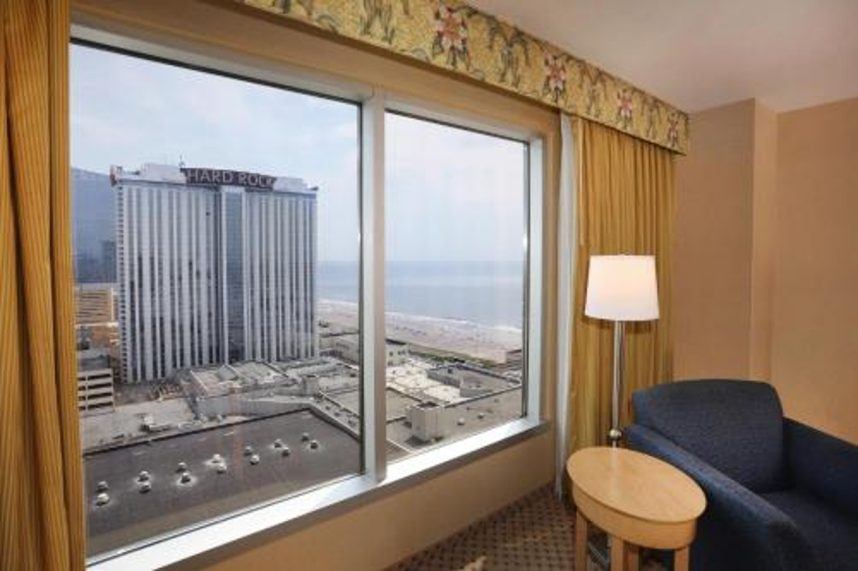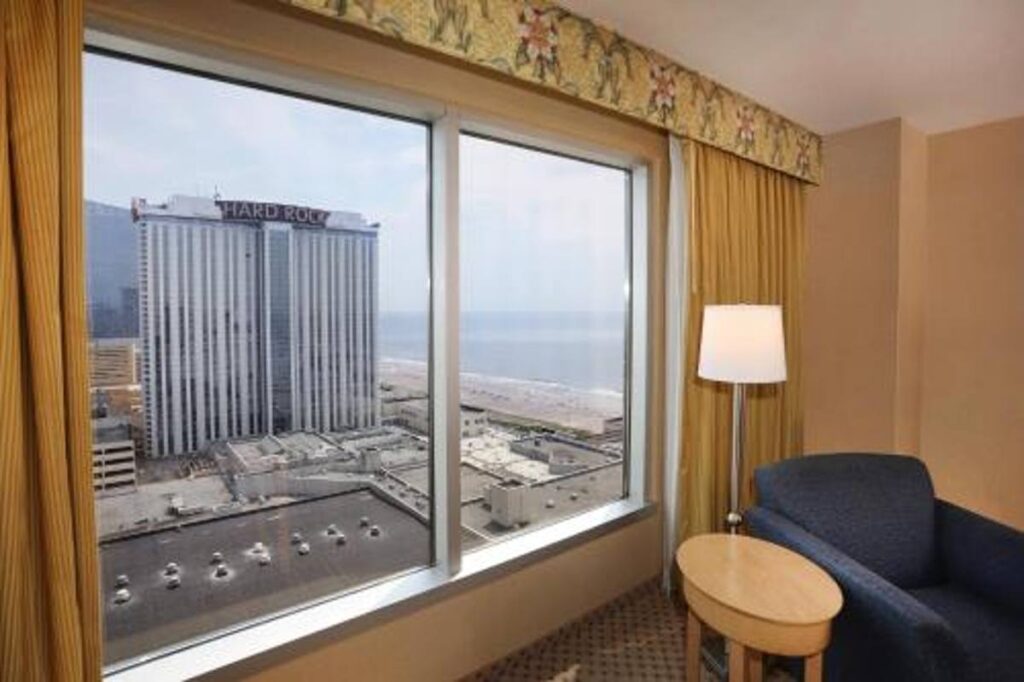Posted on: March 29, 2024, 10:32h.
Last updated on: March 29, 2024, 10:51h.
The federal government is encouraging the United States District Court of New Jersey to accept litigation against several Atlantic City casino hotels. The request is based on allegations that the resorts conspired to increase their nightly room rates.

The Federal Trade Commission and the Department of Justice’s Antitrust Division filed a joint 61-page statement this week with the New Jersey District Court arguing that the casinos’ use of the same third-party service to set their resort room rates might violate federal law. The federal agencies argue that by using the same price-setting algorithm, the casinos possibly engaged in collusion.
The agencies cited the Sherman Act, an antitrust law that prescribes the rule of free competition. Sherman prohibits “every contract, combination in the form of trust or otherwise, or conspiracy” that unreasonably restricts trade and consumer choice.
The FTC and DOJ say they have “a strong interest in the correct application” of the Sherman Act and the outcome of the case before the court.
This case involves the use of algorithms by competitors in allegedly fixing prices. Judicial treatment of these types of allegations has tremendous practical importance,” the feds’ statement read.
“As technology has developed in the 133 years since the Sherman Act created a federal prohibition on price fixing, firms have evolved the mechanisms they use for reaching unlawful price-fixing agreements,” the testimony continued. “In-person handshakes gave way to phone and fax, and later to email. Algorithms are the new frontier. And, given the amount of information an algorithm can access and digest, this new frontier poses an even greater anticompetitive threat than the last.”
Casino Conspiracy
In January, New Jersey District Court Judge Karen Williams consolidated three lawsuits alleging price fixing in Atlantic City by casino resorts. The defendants are Caesars Entertainment, which operates Caesars, Harrah’s, and Tropicana, and MGM Resorts, which operates Borgata. Hard Rock International is also named.
The casinos have filed a motion to dismiss the case. The feds are asking the court to reject that motion.
The plaintiffs claim the casino companies all use a price-setting service for their hotel rooms provided by Florida-based Cendyn Group. Cendyn says on its website that it helps hotels “drive profitability” through technology. Cendyn supplies booking services for casino hotels across the country.
The FTC and DOJ say previous federal rulings have concluded that the Atlantic City casino defendants didn’t have to directly communicate about using Cendyn to represent collusion.
“The question in this case is whether the defendants have violated Section 1 of the Sherman Act by allegedly knowingly combining their sensitive, nonpublic pricing and supply information in an algorithm that they rely upon in making pricing decisions, with the knowledge and expectation that other competitors will do the same,” counsel for the United States government wrote. “Although not every use of an algorithm to set price qualifies as a per se violation of Section 1, taking the allegations set forth in the complaints as true, the alleged scheme meets the legal criteria for per se unlawful price fixing.”
Rate Hikes
The average price for a night in an Atlantic City casino room continues to get more expensive despite occupancy rates not keeping pace.
As Casino.org reported earlier this year, the resort town’s 15,100 casino hotel rooms were occupied about 81% of the time in 2018 and cost just $137. In 2019, those same rooms went for $142, despite lower occupancy at 79%.
Post-pandemic, Atlantic City casinos charged an average of $173 a night in 2021 while occupancy dropped below 67%. Rooms in 2002 were $178 on 73% occupancy.
Through three quarters of 2023, the most recently disclosed report, nightly casino rooms cost $186 and were occupied 75% of the time.



